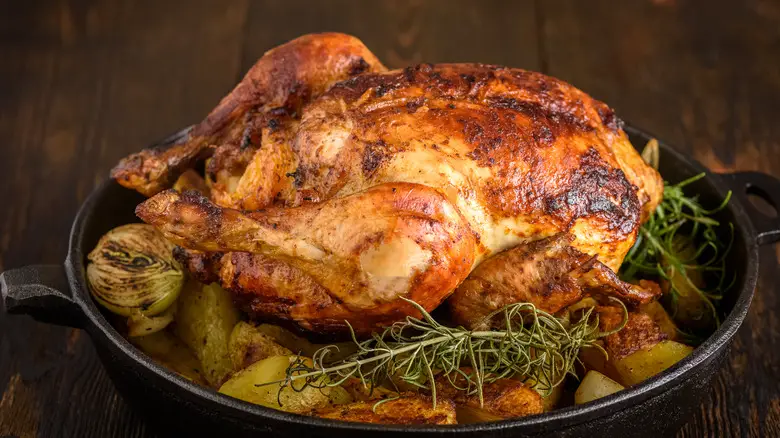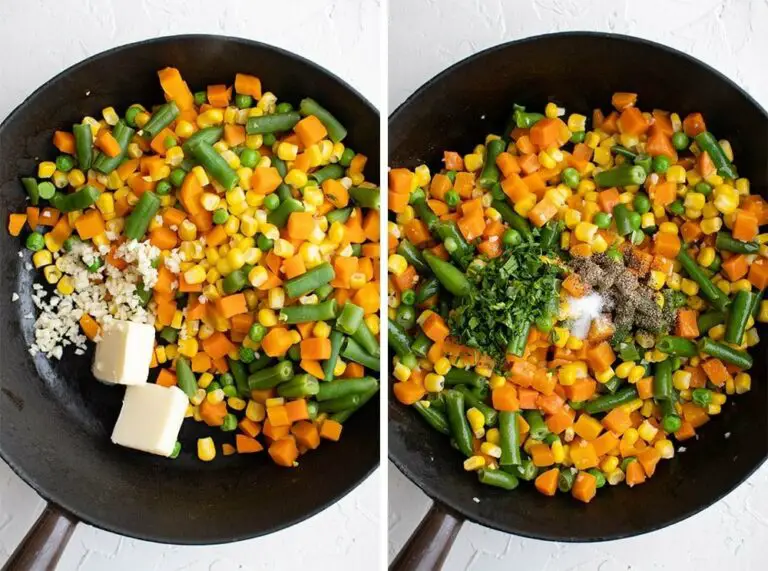Halloumi cheese is a popular type of cheese that has gained significant attention in recent years due to its delicious taste and nutritional value. It is a semi-hard, unripened cheese that originated from Cyprus made from goat’s milk, sheep’s milk, or a combination of both. Most people prefer to grill or fry this salty cheese before consuming it. However, the question on everyone’s mind is whether it is safe to eat cold grilled halloumi.
Understanding Cold Grilled Halloumi
Grilled halloumi is prepared by slicing the cheese into thick pieces and cooking it over direct heat until it develops brown grill marks on either side. Once cooked, some people may choose to leave the grilled halloumi to cool down before eating it; this is where cold grilled halloumi comes in.
Most people eat cold grilled halloumi because they enjoy the texture and flavor more after chilling in the refrigerator for some time. While there are no inherent risks in doing so, improper storage during chilling can result in food contamination.
Is It Safe to Eat Cold Grilled Halloumi?
While consuming cold grilled halloumi might not be harmful when done correctly, several risks come with leaving your food at room temperature or inadequate storage conditions. Whenever cooked food stays for longer than two hours outside of refrigeration temperatures (below 40°F or above 140°F), bacteria start to grow.
Moreover, factors like poor preparation techniques and storage conditions can increase the risk of foodborne illness caused by bacteria such as E. coli and Salmonella.
The Best Way to Store Halloumi Cheese
The best way to store halloumi cheese depends on how soon you plan to eat it. For long-term storage, wrap your halloumi cheese tightly with plastic wrap and place it in an airtight container before keeping it in your fridge’s coldest area (ideally below 40°F). Stored this way, halloumi can last for weeks without spoilage.
However, if you plan on storing it for a shorter period (a day or two), run the cheese under cold water before placing it in a resealable plastic bag in your refrigerator. Note that halloumi is at its best quality and texture when consumed within three days of purchase.
How to Safely Prepare Halloumi Cheese for Consumption
When preparing halloumi cheese, ensure that you use only clean utensils and equipment devoid of any contaminants. Avoid leaving the cheese out of refrigeration temperatures for too long, as bacteria can grow quickly.
Grilled halloumi should be fried until both sides have a crisp golden-brown crust. It’s essential not to overcook the cheese since it can turn rubbery, losing its wonderful texture and flavor. Consume cooked Halloumi immediately after preparation.
Health Benefits of Consuming Cooked Halloumi Cheese
Aside from its great taste, Halloumi cheese offers numerous nutritional benefits. Rich in protein and healthy fats with less lactose than most cheeses has made it a healthier choice to make part of your diet. Additionally, some studies suggest that consuming Halloumi cheese could lower the risk of heart disease thanks to being high in nutrients like calcium and magnesium.
However, moderation is key when it comes to eating any food item as consuming excessive amounts of Halloumi could lead to adverse health effects such as digestive problems.
Less Traditional Ways to Consume Halloumi Cheese:
Suppose you’re getting tired of eating grilled Halloumi plain or using it solely in Mediterranean recipes. In that case, there are various fun ways to include this savory cheese into other cuisines or spice up traditional meal ideas like melting on burgers or included sliced up on salads areas below
- Including Halloumi in salads: This delicate cheese pairs well with greens, rocket salad, and tomato; chop or cube grilled Halloumi for a quick flavor addition to your salads.
- Use as burger patties: Instead of plain cheeseburgers and American cheese slices, try stuffing burgers with sliced Halloumi cheese and adding unique toppings such as caramelized onions, pickles, or avocado
- Suggested sauce pairings: An caper and lemon dressing goes well with halloumi salads, while tzatziki dip would complement halloumi meatloaf burgers.
Conclusion
In conclusion, there is no harm in eating cold grilled halloumi as long as you follow proper food storage temperatures. It’s essential to understand the risks associated with storing food at improper temperatures since bacteria can grow rapidly outside these temperatures. Grilled halloumi offers numerous nutritional benefits that come with moderated consumption.
If you’re getting bored with traditional ways of eating grilled Halloumi Cheese, add it onto your salad bowl; use it instead of meats on occasion, especially during barbeque season; stuff them into your homemade burger patties or simply slice them up for an appetizer platter with some Mediterranean-inspired spreads!
Q&A
- Q: Can grilled halloumi be eaten cold? A: Yes, grilled halloumi can be enjoyed cold. In fact, some people prefer it that way as it retains its distinct texture and flavor.
- Q: Does the taste of cold grilled halloumi differ from the hot one? A: The taste of cold grilled halloumi remains the same as that of hot halloumi. However, when served cold, it may have a chewier texture which many people find delightful.
- Q: What are some ways to serve cold grilled halloumi? A: Cold grilled halloumi can be used in salads, sandwiches, wraps or enjoyed on its own as a snack. It is versatile and pairs well with various vegetables and fruits like watermelon or cucumber.
- Q: Is there any specific way to store leftover grilled halloumi for later use? A: Once cooked, you can store leftover grilled halloumi in an airtight container in the refrigerator for up to four days. Before serving it again, you can heat it up slightly or enjoy cold as desired.




